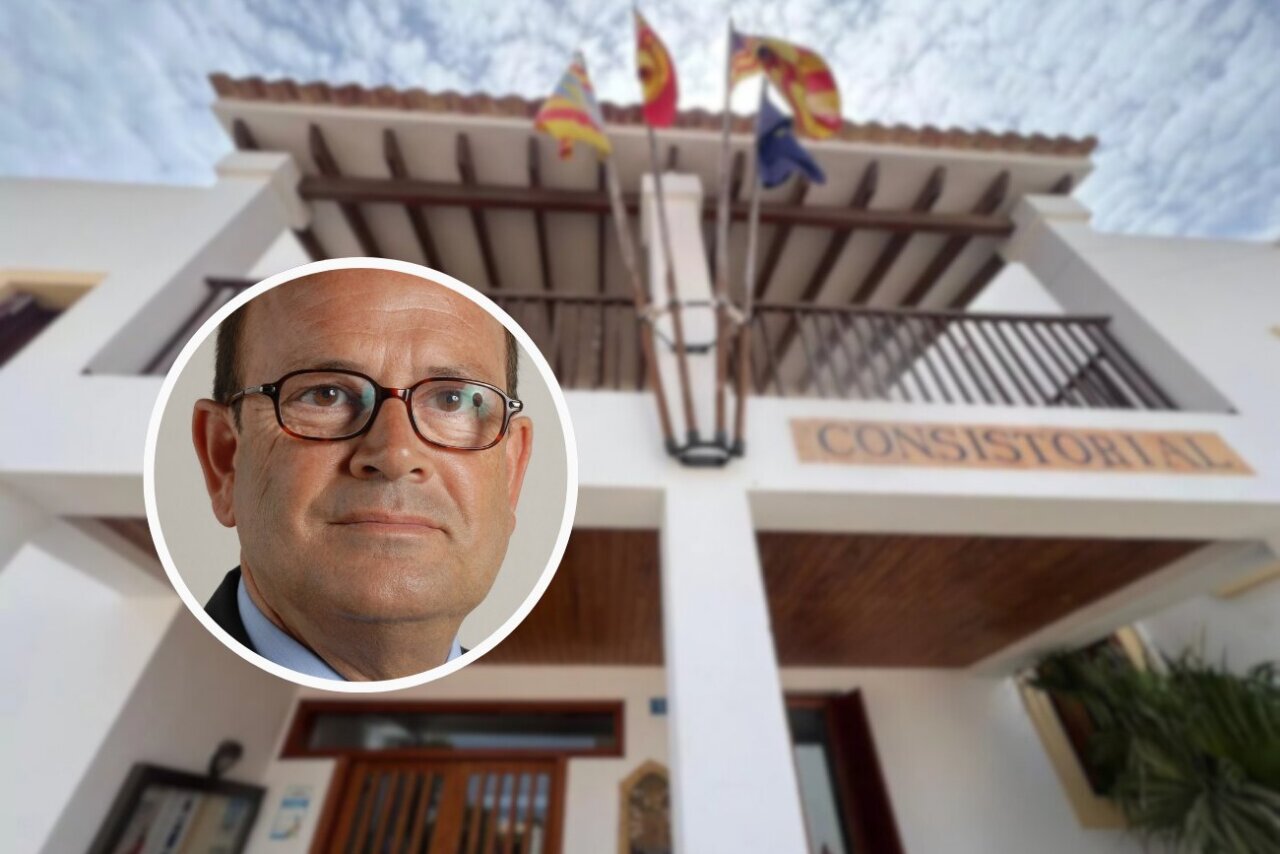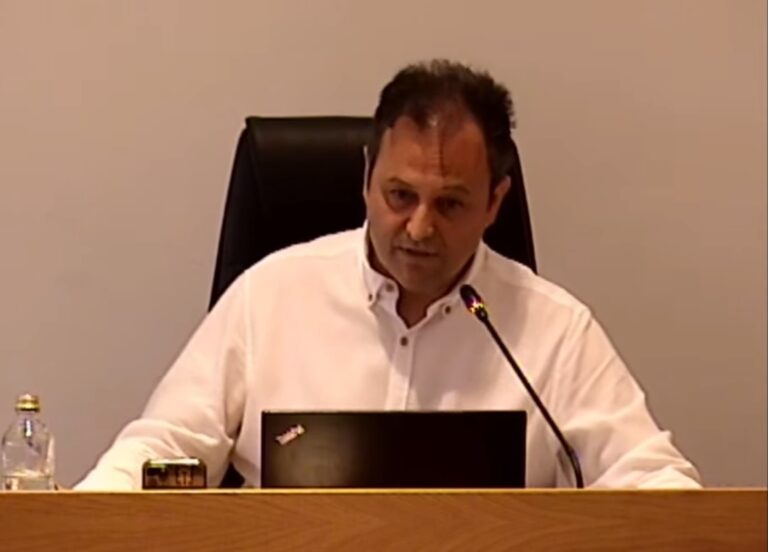The central government will monitor the evolution of the price of eggs and does not rule out taking new measures if the current market situation worsens, stressed by avian influenza and the fall in production. This was announced this Wednesday by the Minister of Economy, Trade and Enterprise, Carlos Cuerpo, during the session of control to the Government in Congress.
“The Executive will evaluate and monitor the price of eggs as we already did with olive oil,” explained Cuerpo after being questioned by PNV deputy Joseba Andoni Agirretxea, who has directly asked the minister for a reduction in VAT on this basic foodstuff in view of the sharp rises recorded in the last year.
Price increases due to avian influenza
According to the minister, the price of eggs has increased by 18% so far this year, a phenomenon that also affects other European countries such as Portugal, where the increase is around 30%. The main cause, he pointed out, is the sanitary situation derived from the avian flu, which has forced the slaughter of about 5% of the poultry census in Spain.
In addition, preventive measures such as the confinement of breeding birds outdoors have been implemented to curb the spread of the virus, which has already caused outbreaks in Belgium, Germany, France and the United Kingdom.
“We are going to evaluate the risk to decide if additional measures are necessary,” remarked Cuerpo, who recalled that this food represents only “2 per thousand of the total shopping basket” and has not significantly affected the overall food CPI.
Ibiza is already suffering the effects
In the case of the Balearic Islands, the pressure on the egg market has intensified, as Asaja warned just a few days ago. Although bird flu has not yet reached the archipelago, biosecurity measures and active outbreaks in the Peninsula have already generated logistical tensions, especially affecting small farms.
Ibiza, in particular, is on alert for the impact that could have these tensions in a context where production has fallen in the Balearic Islands by 11% in a year, while consumption of free range and organic eggs -more expensive- continues to grow. This combination of factors, coupled with the extra cost of 30%, has caused that a dozen eggs already exceeds 3.3 euros, and organic eggs reach 5 euros, 35% more expensive than conventional ones.
“It is essential to maintain health surveillance and ensure market balance,” warned Asaja Baleares, which sees it as “essential” to ensure the future of local farms.
PNV insists: “We cannot allow eggs to be a luxury item”.
From the PNV, Agirretxea insisted that eggs are the food that has risen the most in price in Spain, with an increase of 22.5% in one year, well above products such as beef, chocolate or coffee. According to him, some supermarkets are registering increases of more than 50% in only six months.
“The last link in the chain can not be the payer. If we do not intervene, prices will continue to rise,” warned the Basque deputy, who called for urgent measures such as lowering VAT to prevent eggs “from becoming a luxury item”.
Moderate impact on CPI
Minister Cuerpo recalled that since 2022, Spain has suffered the biggest price shock in five decades, although inflation has been three points lower than the European average. He also highlighted the recovery of household purchasing power, which has been higher than in countries such as Germany, France or Italy, thanks to the good performance of employment and wages.
As for the food CPI, the evolution of the price of eggs “has not had a significant impact on food as a whole”, although the government does not rule out applying new measures if the situation worsens.










